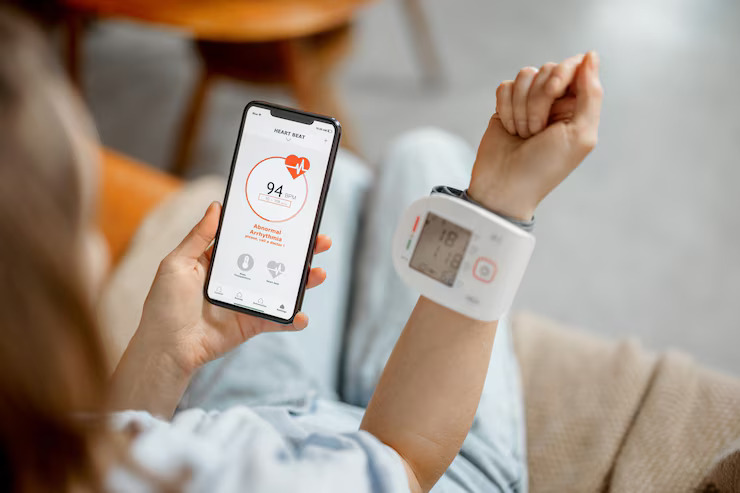Introduction
Clinical trials are the gold standard for evaluating the safety and efficacy of new medical treatments. Traditionally, these trials have relied heavily on objective measures and data collected by healthcare professionals. However, there’s a growing recognition that patient-reported outcomes (PROs) are a crucial and often underutilized tool in clinical research. In this blog post, we’ll explore the significance of PROs in clinical trials and highlight the missed opportunities when they are not integrated into the research process.
The Power of Patient-Reported Outcomes
Patient-reported outcomes are measures of a patient’s health status, symptoms, and overall well-being, directly reported by the patients themselves. These outcomes can include assessments of pain, fatigue, quality of life, emotional well-being, and more. PROs provide a unique and valuable perspective in clinical trials for several reasons:
Patient-Centered Care: PROs put patients at the center of healthcare decision-making. They provide insights into how patients experience their condition and the impact of treatment on their daily lives.
Holistic Understanding: While clinical assessments are vital, they may not capture the full extent of a patient’s experience. PROs offer a more comprehensive view of a patient’s physical, mental, and social well-being.
Early Detection: PROs can detect treatment effects that might not be apparent through traditional clinical endpoints, helping researchers identify potential benefits or side effects sooner.
Tailored Treatment: PROs enable personalized medicine by helping healthcare providers tailor treatments to individual patient needs and preferences.
Missed Opportunities in Clinical Trials
Despite the evident benefits, PROs are often underutilized or omitted from clinical trials, leading to missed opportunities in several critical areas:
Treatment Effectiveness: Without PROs, researchers may miss the true impact of a treatment on a patient’s quality of life or symptom management. This oversight can result in treatments that are less effective than they could be.
Patient Satisfaction: Understanding patient perspectives is essential for designing treatments that patients find acceptable and compliant with. Neglecting PROs can lead to the development of drugs or therapies that patients are unwilling to use.
Regulatory Approvals: Regulatory agencies increasingly recognize the importance of PROs in assessing treatment outcomes. Neglecting PRO data can slow down the approval process and hinder a treatment’s path to market.
Real-World Applicability: Clinical trials aim to mimic real-world conditions, and PROs bridge the gap between controlled environments and daily life. Ignoring PROs can result in treatments that work well in trials but not in practice.
Economic Impact: Missing PRO data can underestimate the economic burden of diseases and the potential cost savings of effective treatments. This affects healthcare resource allocation and policy decisions.
Conclusion
Patient-reported outcomes are a critical component of modern clinical research, offering valuable insights into the patient experience and treatment effectiveness. Missing opportunities to include PROs in clinical trials can lead to less effective treatments, delayed approvals, and a disconnect between research findings and real-world patient outcomes.
To unlock the full potential of PROs in clinical trials, researchers, healthcare providers, and regulatory agencies must prioritize their integration into study designs. By doing so, we can ensure that medical treatments are not only safe and effective but also genuinely patient-centered, improving the lives of those who need them most.













